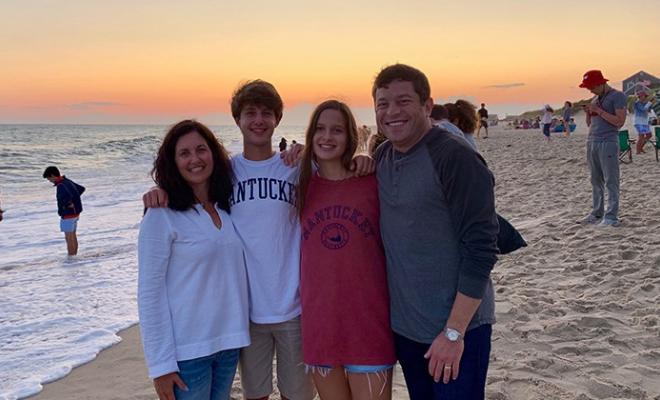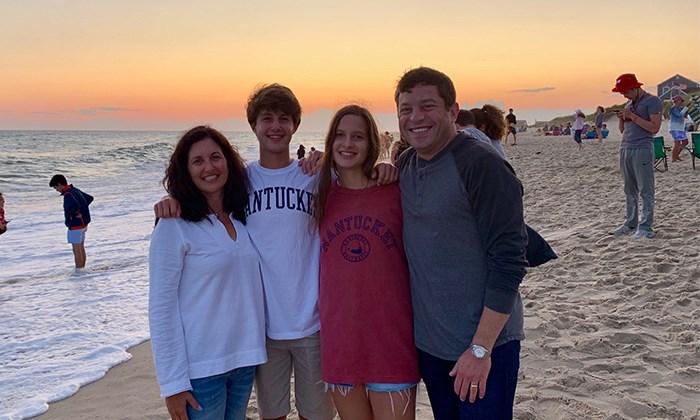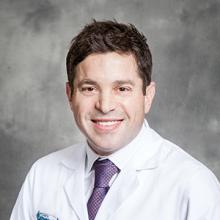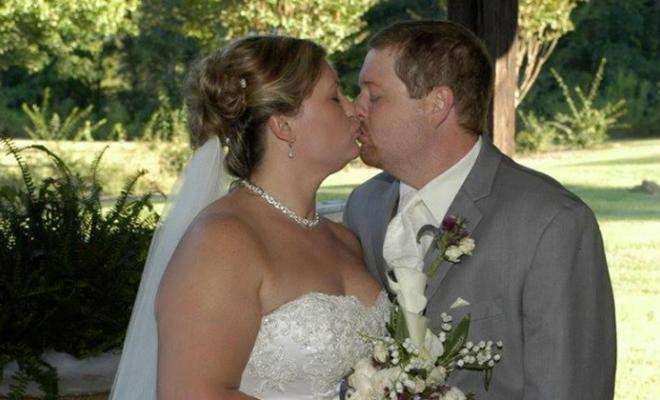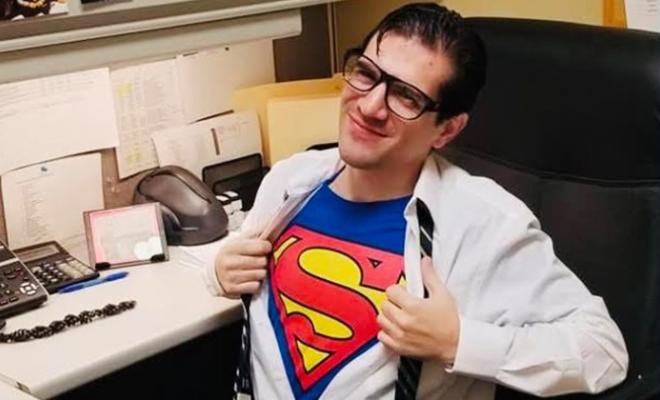It's the crack of dawn. I am sitting in my sunroom doing my respiratory therapy -- every day, twice a day for about an hour. Looking out in front of me on this table, I count five different medications and five different devices. I'll be “free” in an hour. I'll still have to deal with my digestive enzymes and diabetes routine every time I eat today, and try to squeeze in a workout before or after work today, but the hardest part of my day is now half-over. This is my routine. It's so rote I could even do it in my sleep.
And, this is a good day. It is one where I “just” need to do my regular treatments and am otherwise healthy enough to focus on my family, my job, and my life. I can honestly say that I'm not complaining about my situation -- just stating the facts. I am grateful that I have these specialized medications and devices to help me maintain (or at least slow the decline of) my pulmonary health.
Better therapies that have become available over the last few decades have kept me alive and healthy well beyond my doctors' predictions when I was born. But for my CF, there haven't been as many advances as one might think. Last week, the CF community celebrated the approval of Trikafta™. This medicine is the latest in a long list of treatments that will eventually benefit most of our CF friends and family members (90 percent, in fact).
But, yet -- dare I say this without sounding greedy or ungrateful -- it is not enough. Too many young lives are being affected by the ravages of CF. Too many patients will not qualify for the new medication because they are already too sick, may not be able to afford the medicine, or, like me, they have rare or nonsense genetic mutations that the drug does not address.
Is there a small part of me that is a bit disappointed to learn about the Trikafta announcement, understanding that the drug is not going to be available to me? Of course, that's human nature.
I've had several friends and family members this week read about the announcement and, very sweetly, reach out to me to see if the new medication is something from which I can benefit. I've had to explain to them that, unfortunately, this particular treatment isn't for me. I don't want them to feel bad about pointing out something to me that won't benefit me. But, I worry that people outside of the CF community don't understand there is still more work to do.
This is why days after the Trikafta approval, I was glad to hear about the Foundation's Path to a Cure, which hopes to find treatments for the underlying cause of CF for EVERY person with the disease.
We must drive progress in the new and challenging areas of science that stand between the CF community and the finish line.
I know this is going to take time. My short- and long-term CF goals are merely to appreciate my current overall very good health (I'm happy to be “elderly” among people with CF -- I'm in my mid-40s). It's important for me to recognize and celebrate the "good" health days or weeks that I experience. I work my tail off to maintain my current health to the best of my ability, so that when the next great drug or treatment option comes out that is available to me, my body and lungs are in the best shape possible to be able to get the maximum benefit from that medication.
Last week's approval was not only a milestone to acknowledge, but also a stepping stone to even greater accomplishments -- AND a challenge to do more and make further strides in the near future. My wife, Amy, and I have been proud supporters of the Foundation over the past several years, and are so excited to be a part of this movement to ease the burden of, and improve the health of, the tens of thousands of people with CF taking on this disease.
I implore everyone to stay in the fight and to join us in any way you can -- through volunteering, advocacy, or fundraising (or all of the above!) until every person with CF has a chance to celebrate the day their breakthrough is approved. Your efforts could truly add QUALITY tomorrows to the life of a child or young adult with this disease. You could help us get to a cure. What better motivation do you need?

